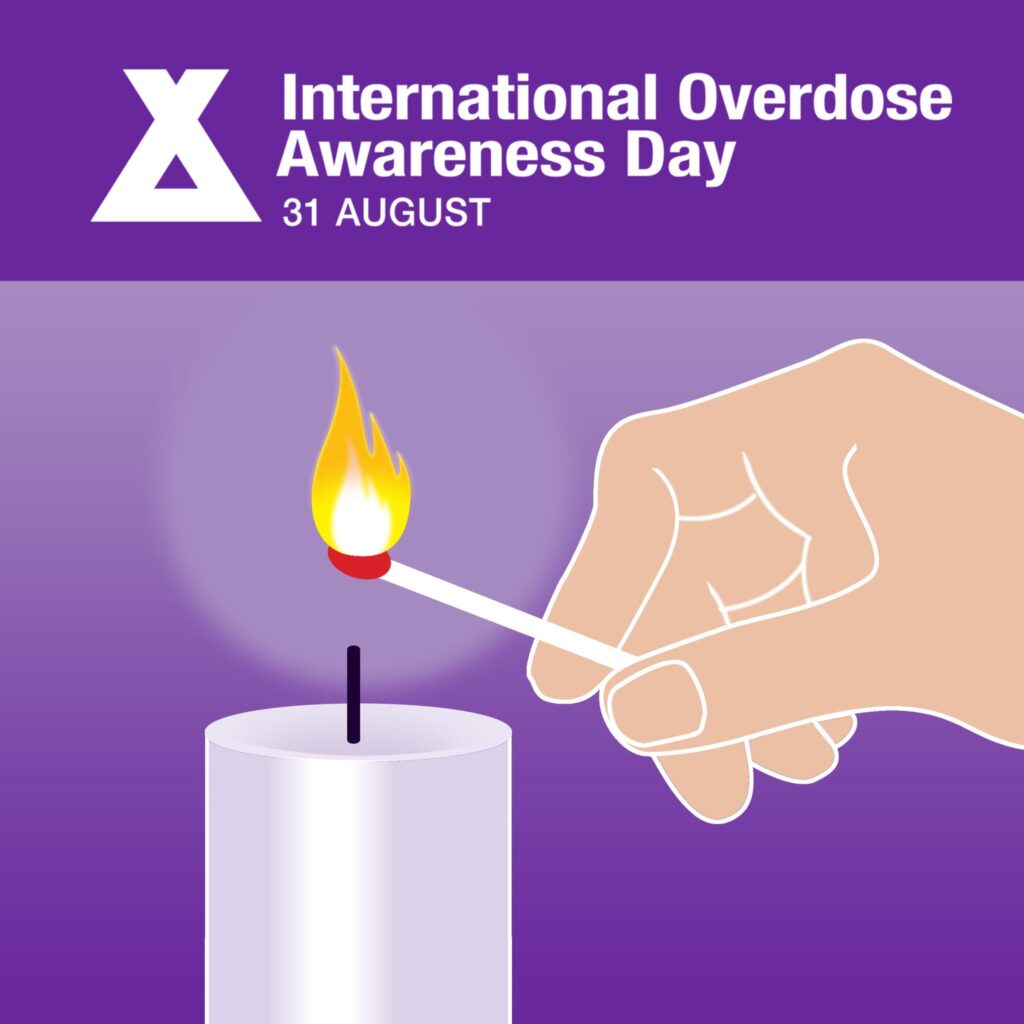
August 31 marks International Overdose Awareness Day. This is a day to remember those we have lost in the past year to overdose of opioids and other substances. As of November 2021, more than 100,000 people have lost their lives annually to substance overdose. In order to properly commemorate those lives we have lost, we need to act moving forward to make sure other preventable deaths do not occur.
It’s Not Only Opioids
In the past year, overdose deaths have increasingly included benzodiazepines. 90% of those deaths that involved benzodiazepines also involved prescription of illicit opioids. This highlights the danger of co-using other substances with opioids, as many opioid overdoses are compounded by the use of other drugs or alcohol.
Where Do We Go from Here?
The immense loss of life due to overdose in the past year is a stark reminder that we need to do much better when it comes to harm reduction and the treatment of substance use disorder. A recent study published by the International Journal of Drug Policy found that 87% of people with opioid use disorder do not ever receive evidence-based treatment.
Many communities in the United States, particularly in rural areas, do not have adequate access to evidence-based treatment or lifesaving harm reduction measures, such as needle exchanges and drug testing strips. There is also still a pervasive belief in many treatment programs and recovery communities that medication to treat substance use disorder is replacing one addiction with another, and is not in fact, “true recovery”.
In order to address the continuing overdose crisis, and honor those lives already lost, the United States Government should fund evidence-based treatment and implement proven harm reduction measures in communities across the country.
What Can You Do?
There are many ways community members can also advocate locally to help reduce overdose.
- Promote International Overdose Awareness Day on social media on August 31 by using #EndOverdose, #OverdoseAware, and #IOAD2021
- Carry Naloxone and advocate for supplying it throughout your community.
- Start a petition or letter-writing campaign to your local politicians about important drug-related policy issues.
- Learn more about other ways you can advocate for overdose prevention and awareness here.





